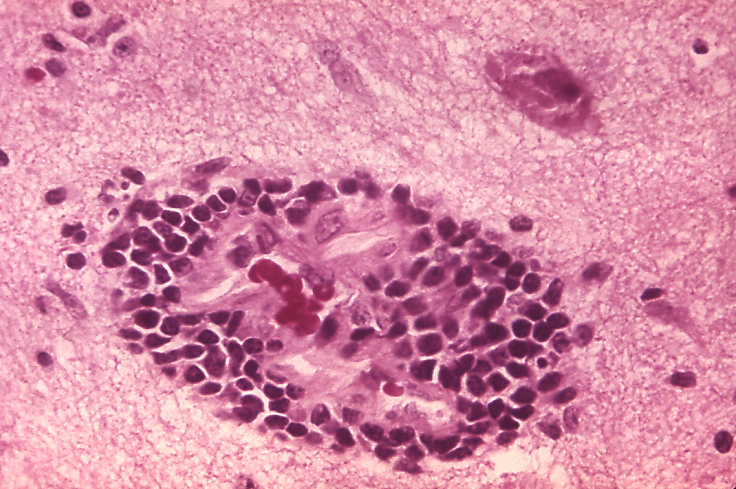Man Gets Rabies From Transplant, Why Aren't Donors Tested?

The death of a Maryland man after contracting rabies from an organ transplantation questions the safety of organ donation.
Rabies is a viral disease and deadly if individuals do not seek treatment immediately. The CDC called this an "extremely rare" case of contraction after finding the virus from testing tissue samples of the organ donor and recipient.
However, what's alarming is that the routine laboratory testing prior to organ donor qualification doesn't include rabies. So a couple of reasons are behind how the organ donor became infected with this lethal disease:
- The donor was directly bitten by raccoon. According to the CDC, "the recipient and the donor both had the same type of rabies virus -- a raccoon type."
- The rabies could have remained dormant in the donor for months or years, and that is possibly why it wasn't reported.
"If rabies is not clinically suspected, laboratory testing for rabies is not routinely performed, as it is difficult for doctors to confirm results in the short window of time they have to keep the organs viable for the recipient," the CDC said.
But there was a sign that linked rabies to the donor. The Florida donor in his early 20s, reportedly died from encephalitis, which is what one who contracted rabies dies from: an incurable, inflammation of brain. However other common viruses contribute to encephalitis and that ruled out rabies as the primary cause.
The recipient who died had received a kidney from the Florida donor at Walter Reed National Military Medical Center.
The donor's history was traced and he was found to have contracted rabies in North Carolina, before he moved to Florida. How the man contracted the disease is undergoing investigation. Other states affected by this case are also currently being investigated, including Florida, Georgia, Illinois, Maryland and North Carolina.
CBS News reported nearly 40,000 people in the U.S. got the vaccines because of potential exposure to rabies. Lately, the costs of treating human rabies rose, costing $300 million ever year, including the costs for pets and animal control groups, among others.
A number of animals can infect humans including cats and dogs. View list here.
The CDC warns of these rabies symptoms:
-- Few days of weakness, discomfort, fever or headache
-- In addition to itchiness at the site of bit, feeling confused agitated
-- Later stages show hallucinations, insomnia and other abnormal behaviors
Published by Medicaldaily.com



























